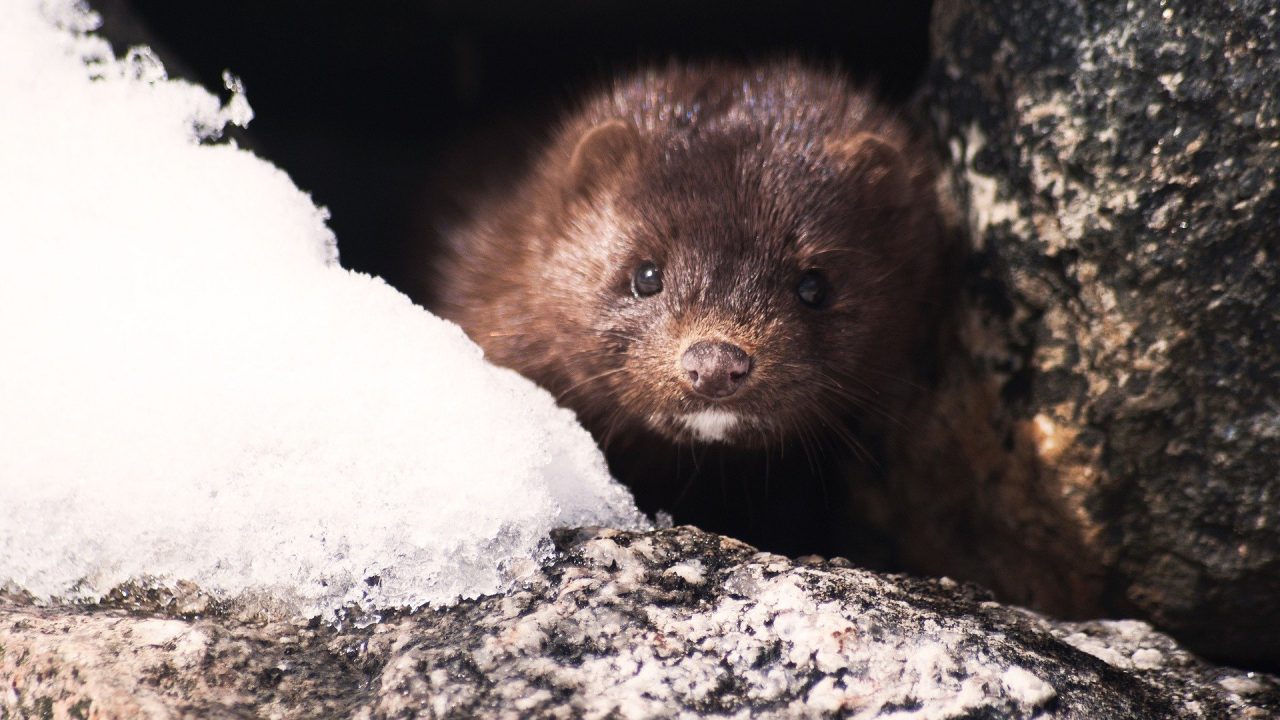Minister for Agriculture, Food and the Marine, Charlie McConalogue, and Minister of State with responsibility for biodiversity and land use, Pippa Hackett, have welcomed the signing into law of new legislation relating to fur farming and forestry.
The bill had been passed at all stages by the Oireachtas last week.
The main purpose of the Animal Health and Welfare and Forestry (Miscellaneous Provisions) Bill is to prohibit the farming of animals primarily for their fur or skin in Ireland and provide for a compensation scheme for the current farmers affected.
According to the Department of Agriculture, Food and the Marine (DAFM), it also introduces some unrelated but important amendments to the Forestry Act 2014.
Fur farming
Minister McConalogue commented: “I welcome this legislation. It allows the government decision to prohibit fur farming to be implemented – it provides for the statutory prohibition of farming of animals primarily for their fur or skin in Ireland.
“While fur farming was once societally acceptable, attitudes have changed on the matter.
”I am fully aware that the Bill will impact in a major way on the three farm businesses who are currently operating lawful businesses to the highest of standards,” he added.
“For this reason, I am working with the farmers to ensure that both them and their staff are treated with respect through this process. I will shortly meet with the farmers and their representatives.”
Forestry bill amendments
Commenting on the forestry aspects of the bill, the minister said: “The government has the stated policy goal of incentivising small-scale tree planting and of re-engaging farmers with afforestation.
“However, the inclusion of small-scale tree planting measures in support schemes is constrained by the 0.1ha size limit imposed by the forest definition in the Forestry Act 2014.
“Key to the success of increasing afforestation rates is to build confidence among landowners of the benefits of forestry as a viable option to complement existing enterprises.”
The minister said that introducing an exemption for afforestation in certain circumstances facilitates the exclusion of clearly defined activities from requiring an afforestation licence.
He added that this exemption is an enabling proposal that allows woodlands to be created through initiatives, other than an afforestation scheme, thereby contributing to Ireland’s targets in relation to a wide range of environmental priorities particularly climate change, biodiversity and water quality.
Minister of State, Pippa Hackett said: “The forestry aspect of the bill is also a really welcome development. It may help to expand existing native woodlands, create new areas, play a significant role in contributing to riparian margin planting, and have a positive impact on both our biodiversity and water quality.”
In conclusion, Minister McConalogue noted that “the requirement to comply with environmental law is not undermined by making this change, as all works are controlled by regulation through a departmental scheme”.
He said that the development of a scheme will be undertaken, taking into account the outcome of a Strategic Environmental Assessment and Appropriate Assessment, both of which will now take place.
Eligibility criteria will be incorporated into the scheme which will ensure that all tree planting works are undertaken in a legally compliant and sustainable manner, according to DAFM.
